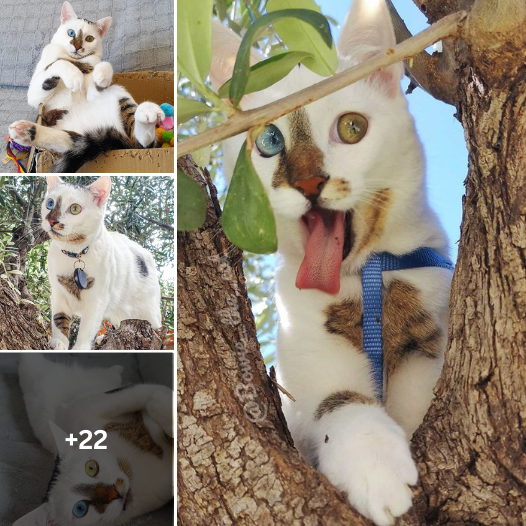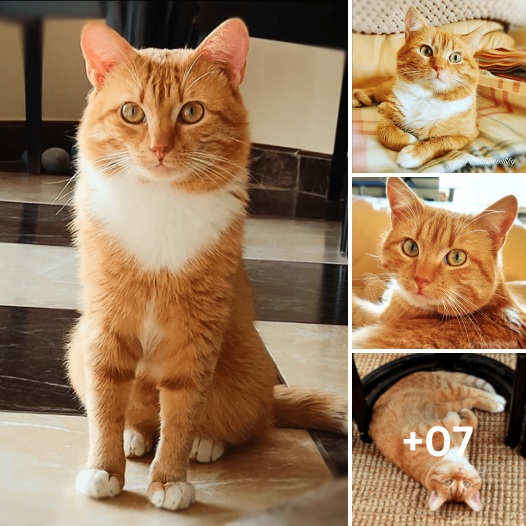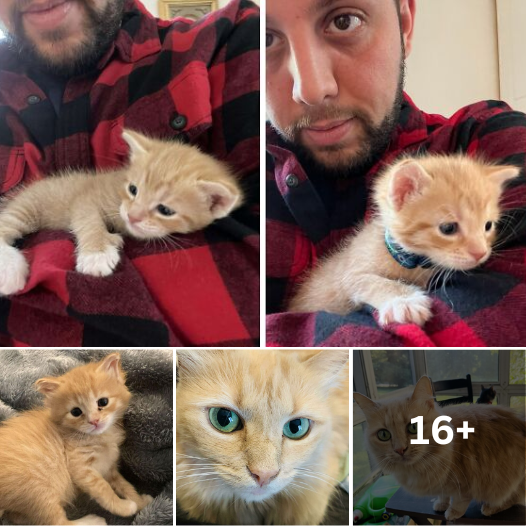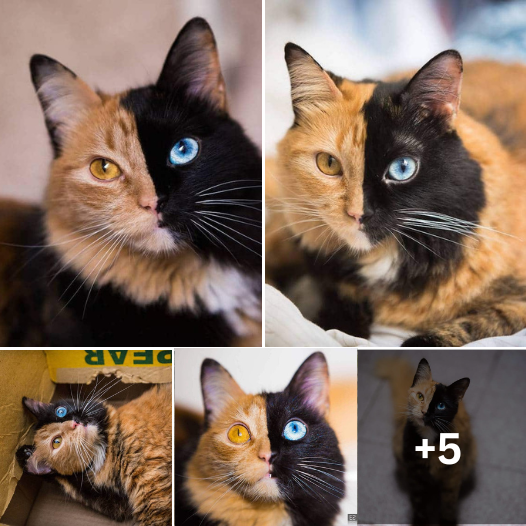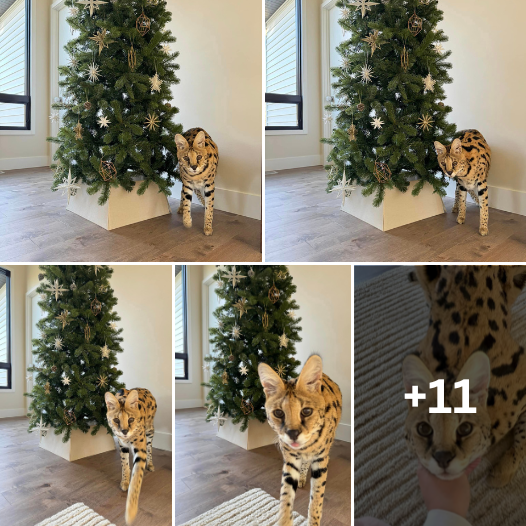Decoding Feline Chatter: Unveiling the 10 Reasons Behind Your Cat’s Meows
Arden Moore, the writer of “The Cat Behavior Answer Book,” states that “cats can create around 30 distinct sounds, including at least 19 different types of meows.”
So, what exactly are cats trying to communicate when they meow? Here are ten possible interpretations of cat vocalizations and their language: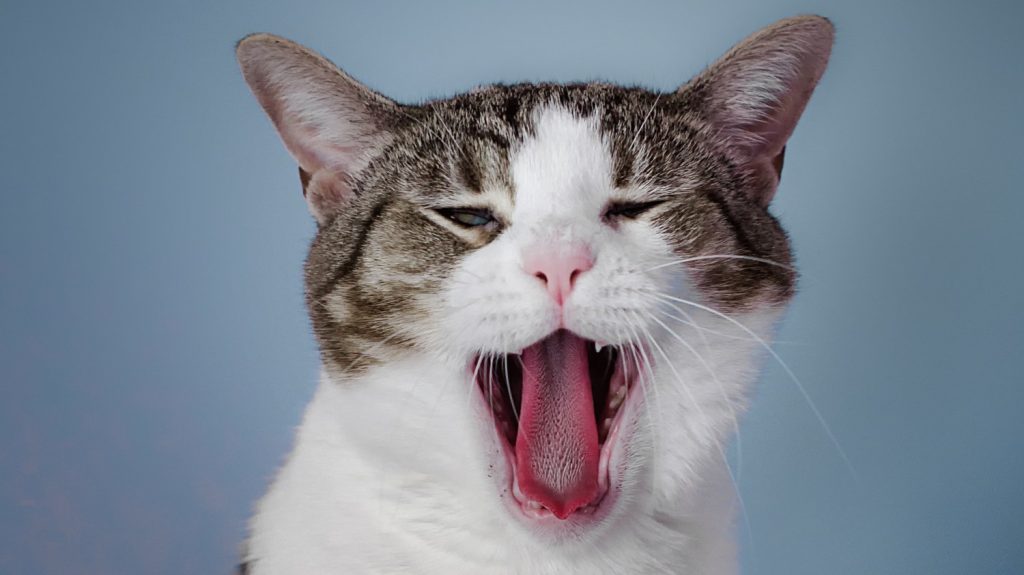
- I’m in Pain – If your cat starts meowing excessively out of the blue, it’s crucial to have a veterinarian examine them immediately. Unexpected meowing might signal a medical issue, especially if it is out of character. “Several conditions can make a cat experience hunger, thirst, or pain, resulting in excessive meowing,” Web MD points out.
- Just Greeting You – Cats often meow to say hello to their owners when they return home, as mentioned on the ASPCA website, or even to greet them when they encounter each other indoors.
- I’m Hungry – Most cat owners are familiar with the “I need food” meow. Jane Harrell, a pet blogger, states, “Many cats know exactly how to inform their owners when it’s mealtime.”
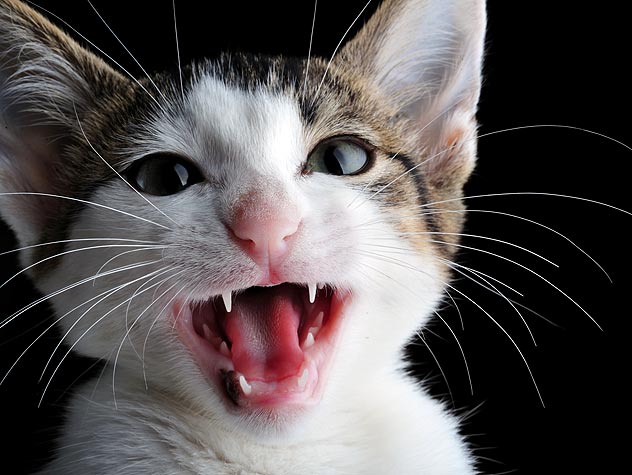
- Need Your Attention – Often, cats meow because they desire your attention, realizing that meowing earns them exactly that. “Cats might meow to initiate interaction, petting, or to engage you in conversation,” clarifies Web MD.
- Open the Door – Jane Harrell also mentions, “Cats might meow to prompt you to open a closed door for them.”
- I’m in Heat – An unspayed female cat in heat could constantly yowl, as noted by Moore. Spaying is advised to prevent this behavior.
- Feeling Stressed – WebMD indicates that stress could lead cats to become more vocally expressive. This can be witnessed when a cat meows loudly during car journeys to the veterinary clinic.
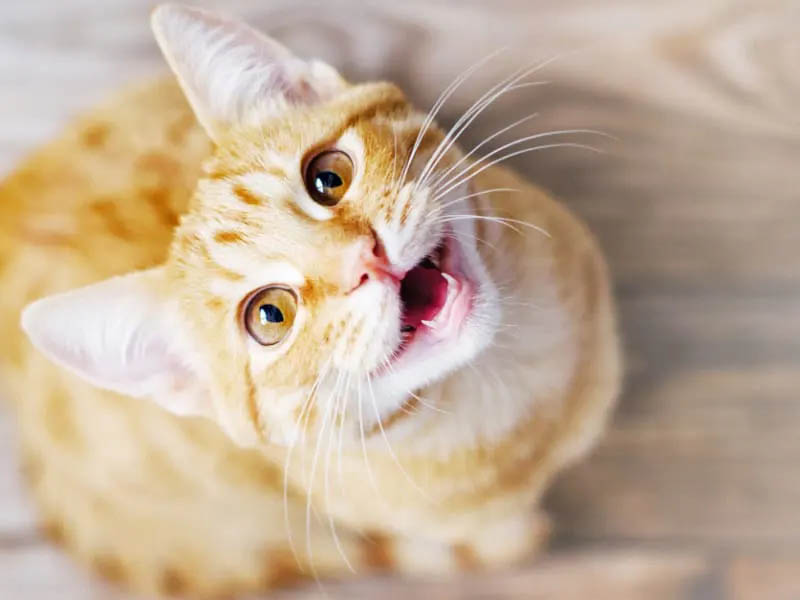
- I’m Upset – Moore explains that cats who feel threatened or angry might engage in loud vocalizations or even screaming matches. This irritated meow is more akin to a yowl.
- Fear of Being Alone – The Ohio State University’s College of Veterinary Medicine’s Indoor Pet Initiative states that some cats may feel anxious and meow excessively when left alone for extended periods.
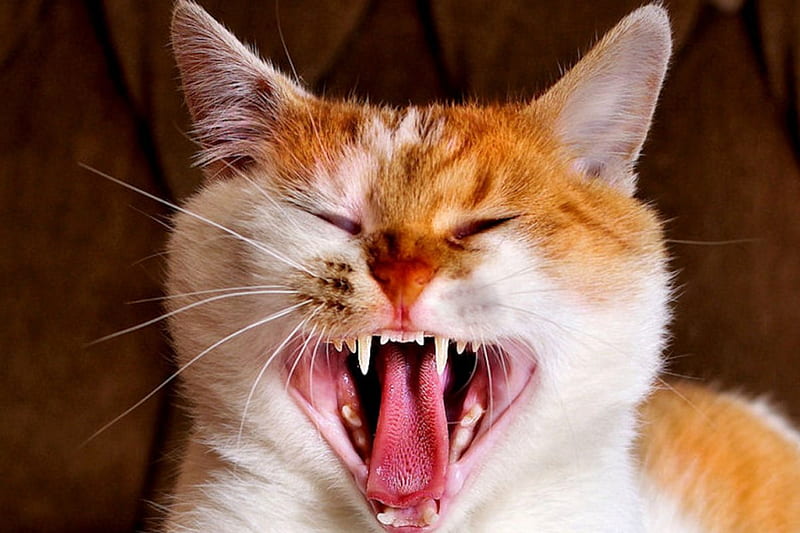
- Aging Signs – Dr. Arnold Plotnick of Manhattan Cats mentions, “Senior cats commonly exhibit increased vocalization.” As cats get older, they might show reduced cognitive function through various behaviors, including loud meowing.
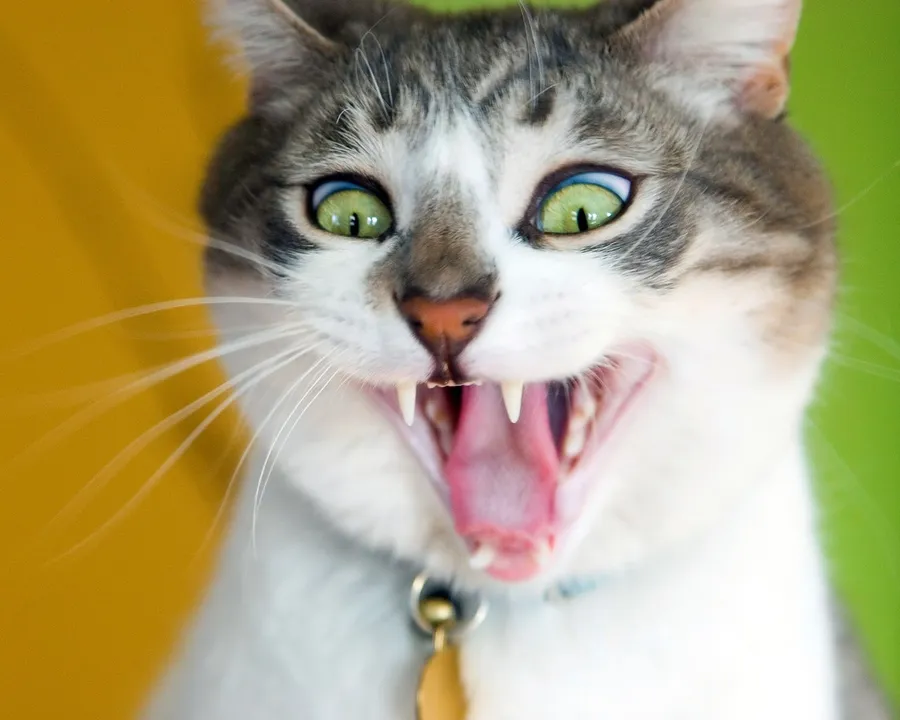

However, it is also common for cats to meow without an obvious reason, sometimes it might be due to their mood, the environment, or their whims. Observing the situations in which your cat chooses to vocalize and the distinct sounds they make can offer more insight into your feline companion’s thoughts and feelings. The variety in their vocalizations means your cat will likely use different sounds in different situations, each with its unique meaning. Understanding these can help in forging a deeper bond with your feline friend.


